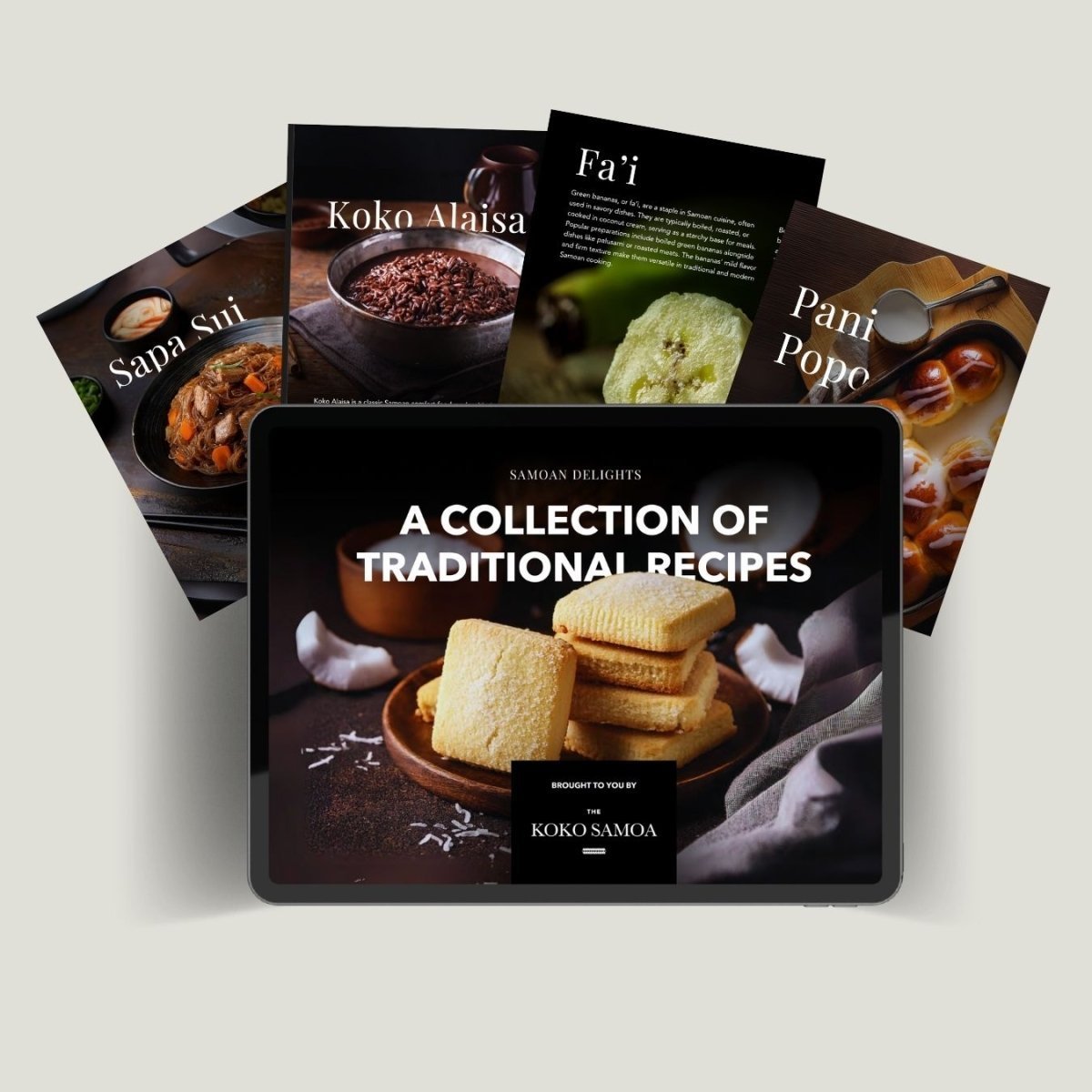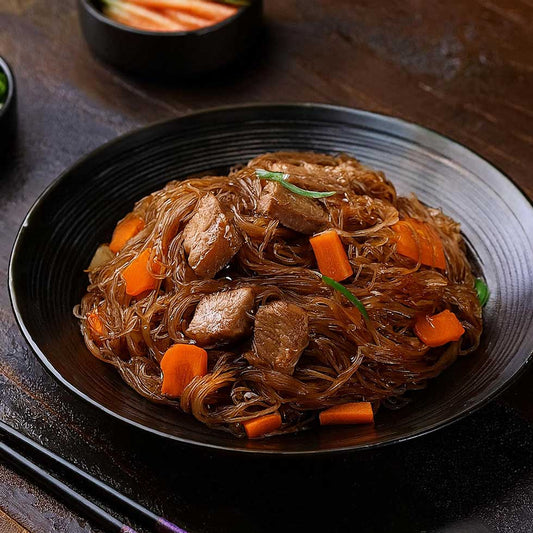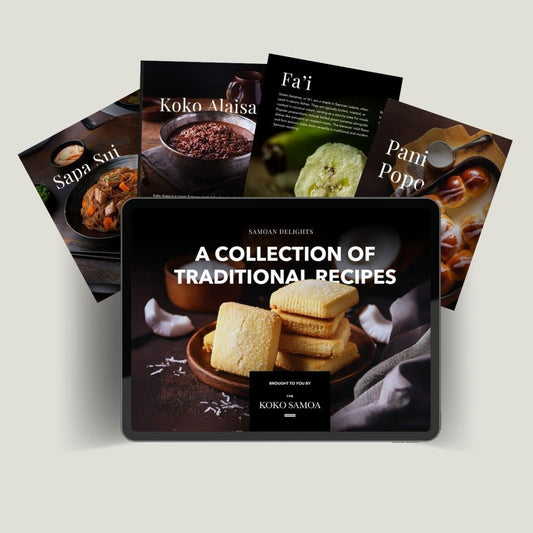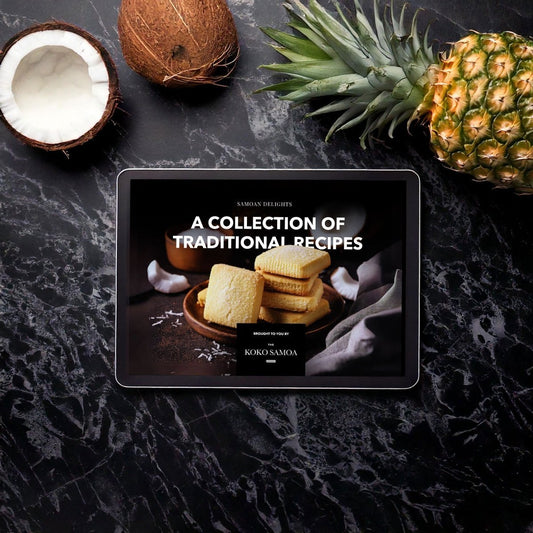The Health Benefits of Cacao
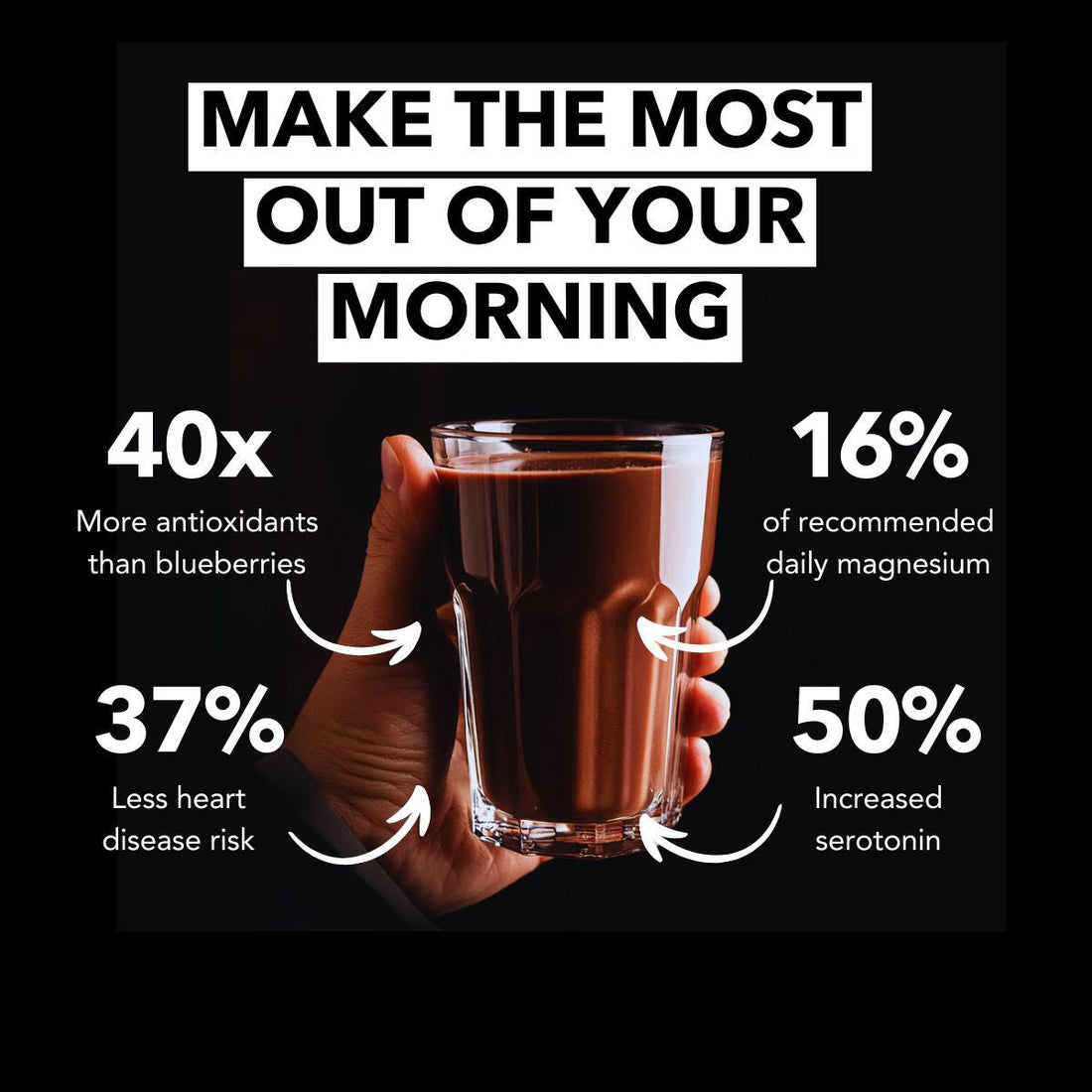
Usually when something is tasty, we're told it's bad for us. For the most part, the experts are right. Cacao is an exception to that rule though. Numerous studies have shown it has potent anti-cancer properties. So, if you're looking for an excuse to eat it, don't. Here's why you should be enjoying this guilt-free food.
6 Benefits of Eating Cacao
Even if it's not your cheat day, you don't need an excuse to eat cacao or some glorious dark chocolate. All over the world, chocolate is considered comfort food. While consuming lots of it is not healthy, cacao is great for you.
Cacao is loaded with many nutrients that can improve your health. Cacao nibs, cacao husk tea and other forms are made from the seed of the cacao tree, which is one of nature's best sources of antioxidants. So throw away your junk chocolate candy bar and load up on natural cacao to experience the many amazing benefits.
Better Mood
Whenever you eat chocolate, you may notice that your mood drastically improves, and this is not just because of how delicious it is. Cacao has been proven to lift your mood in stressful conditions and make you feel more calm and content.
Cacao is like a warm hug on a cold day. This guilty pleasure has more than 300 naturally occurring chemicals which affect the brain through releasing neurotransmitters. This chemical reaction is responsible for mimicking the feeling you have when you are happy. Cacao also has phenylethylamine, also referred to as the love drug, as well as serotonin, an antidepressant.
Decrease Risk of Stroke
Cacao has flavonols and antioxidants that help fight off stroke. Eating around 31 grams of cacao per week will decrease your risk of suffering from stroke by 20 percent.
Lose weight
Yes, you read that right. While it may seem too good to be true, cacao actually does wonders for your waistline. A small amount of cacao consumed slowly will trigger your brain to think that you are full. Through this, you can curb your appetite and avoid frequent snacking
Reduce Heart Disease
Cacao contains compounds that are highly protective against LDL oxidation. If you consume cacao regularly, less cholesterol will clog your arteries, therefore resulting in a lower risk of heart issues.
Cacao can also decrease your platelet adhesion, which results in better circulation. Because cacao can elevate your nitric oxide level, your cardiovascular health will also improve.
Improve Blood Flow
Cacao is rich with flavonols that stimulate the lining of arteries to produce nitric oxide. This effect is essential for your arteries to relax. Because of this, your blood flow resistance is decreased, and your blood pressure is reduced.
Additionally, cacao also helps in restoring the flexibility of your arteries and prevent blood cells from sticking in blood vessels. This is the main reason arteries clog.
Glowing Skin
Cacao does a fantastic job of modulating healthy blood flow. Through this, you can maintain great skin. It can even act as sun protection. Additionally, cacao can increase your skin's thickness and density. It can also hydrate you, resulting in decreased water loss.
Antioxidants and Nutrients In Cacao That Fight Cancer
Cacao nibs and husk teas are made by a long fermentation of cacao beans. The fermentation process changes the bean into something very potent and full of health benefits. Some of the compounds created during fermentation are thought to be responsible for its anti-cancer effects.
For example, antioxidants in cacao may help quench free radicals and reduce chronic inflammation. This, in turn, may reduce your risk of cancer.
Aside from substances that act like antioxidants, cacao is also very rich in minerals which support your body's immune system and its ability to fight off cancer.
A 100 gram bar of chocolate, containing 70%-85% cocoa, contains:
- 58% of the RDA for magnesium
- 89% of the RDA for copper
- 98% of the RDA for manganese
- 67% of the RDA for iron
Magnesium is involved in hundreds of processes in the body. Many of those processes involve regulation of inflammation and tumor growth. As such, when magnesium is low, it may encourage tumor growth.
A study involving magnesium-deficient rats, for example, showed they developed tumors of the thymus gland. The thymus is what helps the body fight off infection. So, not only would these rats develop cancerous tumors, they would be less able to fight off subsequent infections.
Copper, manganese, and even iron serve similar purposes, regulating the immune system and helping the body control inflammation and cancer growth.
Special Compounds In Cacao Fight Tumor Growth
Tumor growth is complex and there are many reasons why a cancerous tumor might spread. The compounds in cacao have been found to get to the root cause of one of those reasons. In 2005, scientists at Georgetown University discovered a new compound called pentameric procyanidin.
This compound deactivated proteins in the body that are responsible for cancer cell division. If cancer cells can't divide, they can't spread. It just so happens that cacao is full of this pentameric procyanidin compound.
Types Of Cancer Cacao May Prevent
Numerous studies have shown cacao helps lower the risk of several types of cancers, including:
- Lung cancer
- Prostate cancer
- Skin cancer
It contains potent antioxidants, called flavonols and polyphenols, which slow the growth of cancerous cells. The higher the percentage of cacao in a diet, the higher the concentration of these protective substances.
Should You Eat More Chocolate?
While there are chemicals in chocolate which hypothetically could fight cancerous cells, your favorite candy bar isn't going to cure cancer. Even pure cacao isn't powerful enough to do that. Should you eat more of it? Sure. If you want to eat something rich in antioxidants and minerals, it's one of the healthiest foods out there.
Not All Cacao Is Created Equal
Although cacao has tons of benefits, don't make the mistake of consuming every bag of cacao or chocolate bar you find in the supermarket. Before you purchase, read the label and choose one with minimal unhealthy ingredients. Also, try to find the percentage of cacao it has. The higher the number, the better it will be for your health.
Consuming too much chocolate is not healthy, so do not take its benefits as a free pass. If you consume chocolate rich in sugar, you will only be increasing your risk for stroke, weight gain, and heart disease.
How Cacao Changes Lives
Is chocolate one of your guilty pleasures? If so, it’s time to reach for your favorite chocolate bar and tuck in with a clear conscience. The good news is that all around the world cacao is changing lives for the better as more and more of the leading chocolate manufacturers make the move to Fairtrade cacao. Recent studies have also linked cacao to a range of health benefits such as a reduced risk of cardiovascular disease and lower levels of stress and anxiety. So if you have just succumbed to a deliciously wicked chocolate craving, relax and have another square. The time has come for cacao to reclaim its rightful place in society.
Ancient peoples such as the Mayas and the Aztecs didn’t need to be convinced of the importance of cacao. They used cacao seeds, the seeds of the cacao tree from which chocolate is made, as their currency, although the valuable end product was mostly reserved for society’s elite, such as kings and queens. These privileged early chocoholics got their fix in the form of a bitter tasting health drink made from cacao seeds mixed with chilies and other ingredients. It would be thousands of years later before the manufacture of the world’s first chocolate bar by Joseph Fry in 1847.
Thankfully, it is no longer necessary to be born into royalty in order to experience the joy of cacao and nowadays, cacao plays an important role in combating inequality and poverty. Sustainably sourced cacao helps workers and small farmers in countries such as Samoa, Ghana, the Dominican Republic, Cote d’Ivoire and Belize. Eat some cacao and you are helping fund various worthwhile community projects such as medical facilities, wells for drinking water, sanitary facilities and education. Fairtrade cacao also supports local sustainability and means better prices for small farmers. All proof, in case any was needed, that chocolate can indeed be truly life-changing.
Hard-core chocolate addicts may argue that there is no such thing as a bad chocolate. Science, however, tells us that not all chocolate is created equal. The health benefits that derive from such beneficial components as antioxidants and flavanoids, for example, are found in greater quantities in good quality, dark chocolate, so try to choose chocolate that contains at least 70% cocoa solids.
It will come as no surprise to cacao lovers that Theobroma Cacao, the scientific name for the cacao tree, translates as “food of the gods”. It is believed that over the years, “cacao” came to be spelled as “cocoa” and the rest, as they say, is chocolate history. For those who dream in chocolate, surrendering to temptation is now even sweeter, as major cacao suppliers embrace the sustainability concept, improving the lives of thousands of cacao producers worldwide. As workers and their families in developing countries get a fairer deal, there has never been a better time to indulge. So go on! Treat yourself to some cacao – changing lives has never tasted so good!
Always seek the advice of your physician or other qualified health provider with any questions you may have regarding a medical condition. Never disregard professional medical advice or delay in seeking it because of something you have read on this website. For professional dietary advice you should always consult a Registered Dietitian (RD), and for diagnosis of a health condition you must see your physician.
